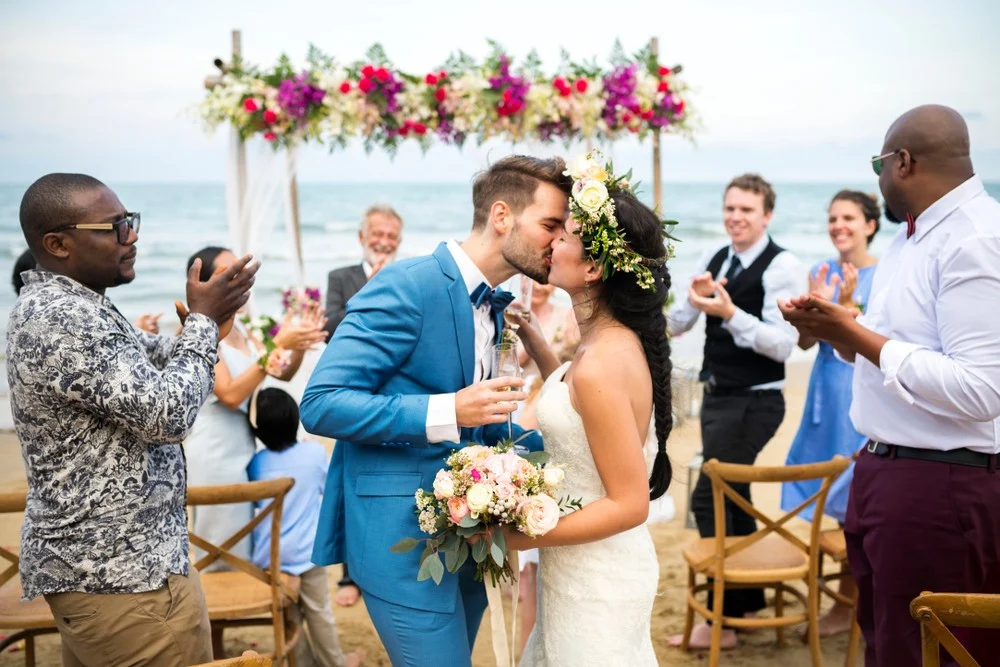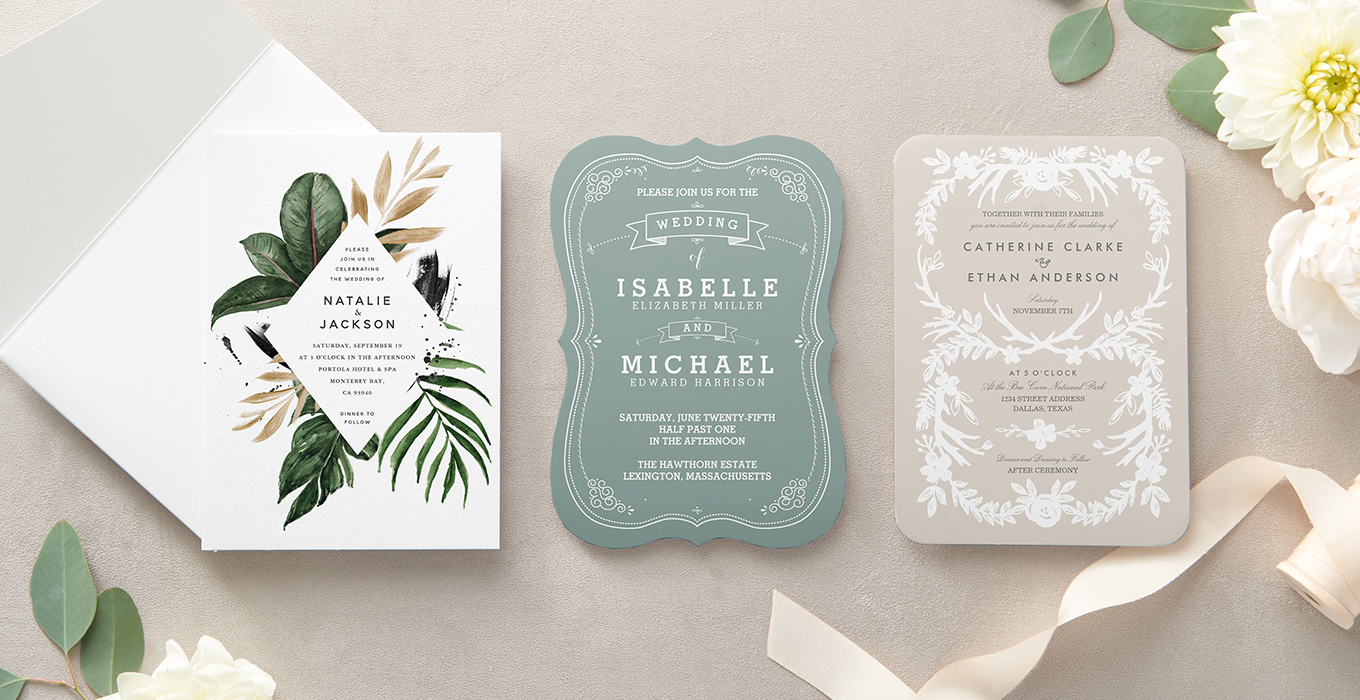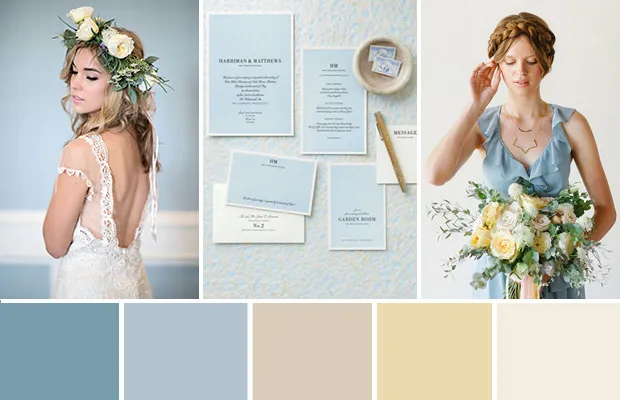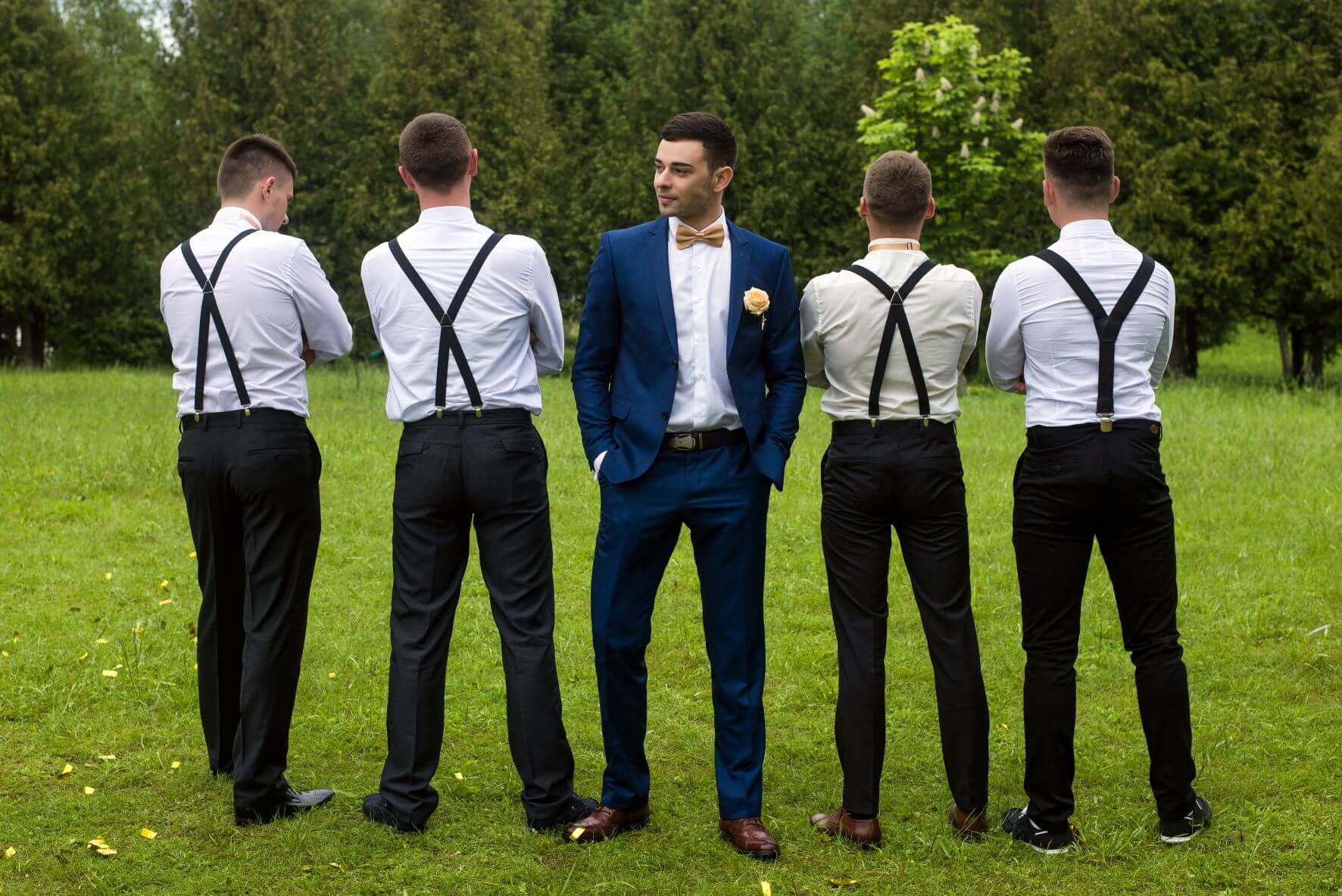Choosing the date starts on a wider scale of choosing your wedding season. Many of the details of a wedding are dependent on the season, including the appropriate fashion, and the availability of seasonal foods and flowers. Consider the character and possibilities of each season before making this important big decision.
Spring:
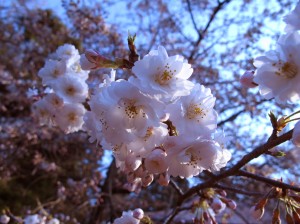
A spring wedding can take advantage of the bright, new colors of the year. Possibly the most cheerful season, spring celebrates new beginnings and the returning warmth of the sun. This is a good season for those who want fresh, simple catering options, since many fruits and vegetables are ripe and ready for celebration at this time of the year. On the downside, spring is notorious for variable weather in many regions, so having options for rain cover and even heating may be a wise idea.
Summer:

The sunny season is often desirable for weddings simply because the weather is generally consistent. With the high likelihood of good weather, summer becomes a blank canvas upon which nearly any style of wedding can be painted. A shore-side wedding breakfast, elegant high tea reception, or even a fireworks and fireflies nighttime soiree can be planned easily and stress-free in summer. Since summer is high season for weddings, availability may become an issue, and some vendors and venues may charge higher prices during this peak time. A summer wedding may be easiest to plan if you have at least six months of prep time.
Autumn:
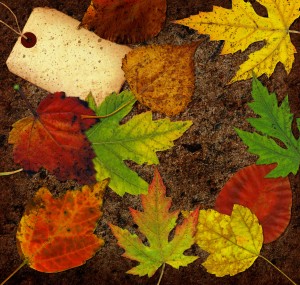
A season of harvest and high drama, autumn makes a glorious backdrop for a wedding. While warm temperatures linger, it’s possible to take advantage of magnificent outdoor settings, touched by natural glory. One of the stress-free bonuses for autumn weddings is that the color palette is quite exquisitely set by nature: gold, chocolate, moss, orange, and crimson are the colors of the season, and can make choosing all color details simple and painless. The biggest pitfall to consider with an autumn wedding is the chance of variable weather; savvy couples may want to ensure that their venue provides rain cover in case of a storm.
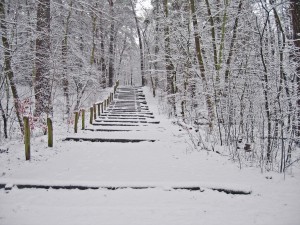
Winter:
Elegant, warm, and somewhat unusual, winter weddings can provide a beautiful alternative to more traditional seasonal holidays. Since winter is often a sparse season for weddings, couples can take advantage of more vendor availability, which can be a great stress relief. Winter weddings can go in nearly any stylistic direction, from sophisticated and formal to cozy and familial. One downside to consider is that the sheer amount of nearby holidays may make it difficult to pin down guests or arrange for travel. Try to avoid dates that fall just before or after any holiday weekend, a these may conflict with guest commitments.

